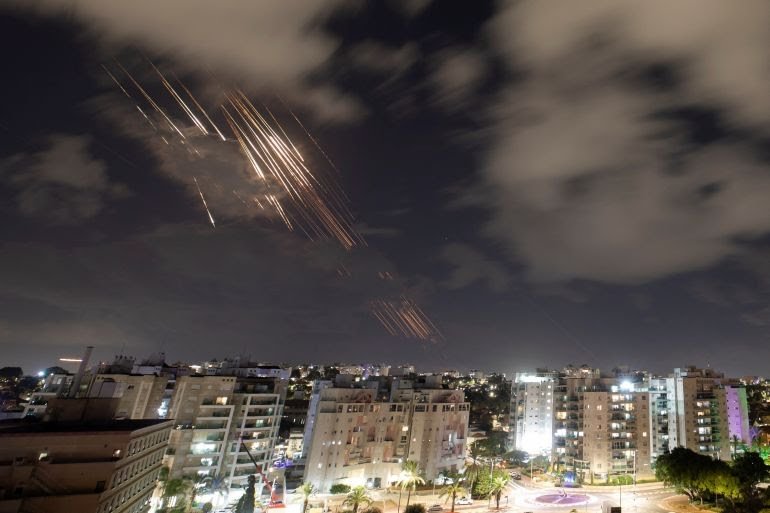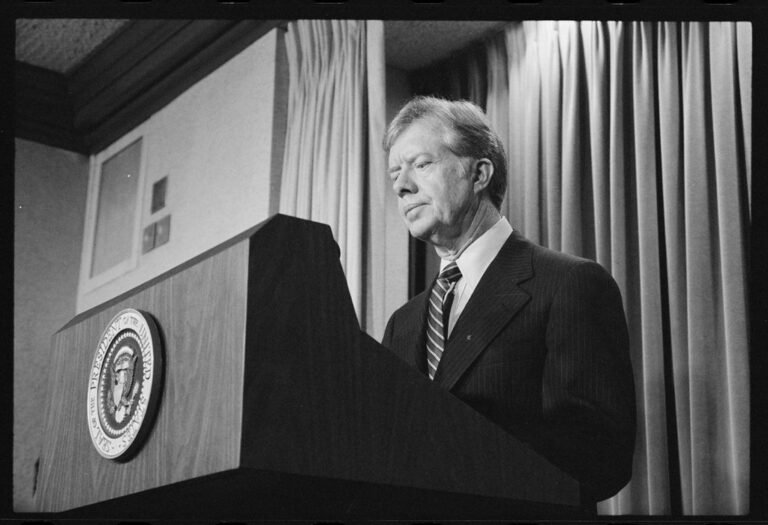Iran Launches Massive Missile Attack on Israel: Escalating Middle East Tensions

Iran’s Unprecedented Missile attack on Israel. In a significant escalation of regional tensions, Iran has launched a major missile attack against Israel. This assault marks a dramatic intensification of the long-standing conflict between the two nations, drawing international attention and raising concerns about potential wider regional instability.
Here is the official tweet from Israel on Iran’s attack.
This is what a live report from @CNN looked like as missiles rained down over Israel.
— Israel ישראל (@Israel) October 1, 2024
Watch:
📸 @jacobkornbluh pic.twitter.com/zdE0ZAj1TV
Scale and Impact of the Iran’s missile attack on Israel
The Israeli military reported that Iran fired approximately 180 missiles towards Israel. This attack surpasses the scale of the previous assault in April, which involved around 110 ballistic missiles and 30 cruise missiles. Israeli television footage captured images of missiles traversing the skies over the Tel Aviv region.
Iran claims that 80% of the projectiles successfully hit their intended targets, while the Israeli military emphasized that a significant number of missiles were intercepted. Israel’s sophisticated air defense systems, including the Iron Dome, were activated to neutralize the incoming threats. The effectiveness of these systems has been crucial in mitigating potential damage and casualties.
Israeli Response and Casualties
The Israel Defense Forces (IDF) confirmed that there were recorded impacts during the attack, with “a few hits in the center and several areas in the southern part of the country.” Despite the scale of the assault, initial reports indicate minimal casualties. Israeli medical personnel stated that no serious injuries had been reported, although two individuals sustained minor wounds from shrapnel. The IDF has since conducted retaliatory airstrikes on Iranian military installations in Syria, claiming to target sites responsible for planning and executing the missile attacks. This response underscores Israel’s commitment to defending its territory and deterring future aggressions.
𝐍𝐨 𝐭𝐡𝐢𝐬 𝐢𝐬𝐧’𝐭 𝐚 𝐬𝐜𝐢𝐞𝐧𝐜𝐞 𝐟𝐢𝐜𝐭𝐢𝐨𝐧 𝐦𝐨𝐯𝐢𝐞.
— Israel ישראל (@Israel) October 1, 2024
This is Israel right now.
RT this so the entire world knows. pic.twitter.com/ok8CxCXxnP
Reasons Behind Iran’s Aggression
Iran’s Islamic Revolutionary Guard Corps (IRGC) stated that the attacks were in retaliation for recent killings of Iranian-allied leaders in the region. This includes the deaths of Hezbollah leader Hassan Nasrallah and IRGC commander Abbasforoshan in Beirut, as well as Hamas political figure Ismail Haniyeh in Tehran. These events have heightened tensions between Iran and Israel, leading to an environment ripe for conflict.
Iran’s leadership has framed this missile strike as a demonstration of its military capabilities and resolve to defend its interests against perceived threats from Israel and its allies. The rhetoric surrounding this attack indicates a potential shift in Iran’s military strategy, moving from proxy engagements to direct confrontations.
International Response
The attack has prompted swift reactions from Israel’s allies. The United States, in particular, has taken an active role in supporting Israel’s defense efforts. President Joe Biden directed U.S. forces in the region to assist in intercepting Iranian missiles. This support underscores America’s commitment to its ally and highlights concerns over Iran’s growing military assertiveness.
European nations have also expressed alarm over the escalation, calling for restraint from both sides. Diplomatic channels are being utilized to urge de-escalation and prevent further violence that could destabilize an already volatile region.
Potential Consequences and Future Developments
This unprecedented direct attack by Iran on Israel raises serious concerns about further escalation in the Middle East. The Israeli government has warned of potential consequences, stating that they have plans to operate “at the place and time we decide”. As the situation continues to develop, the international community remains on high alert. The coming days will be crucial in determining whether this attack leads to a wider conflict or if diplomatic efforts can de-escalate tensions between Iran and Israel.



